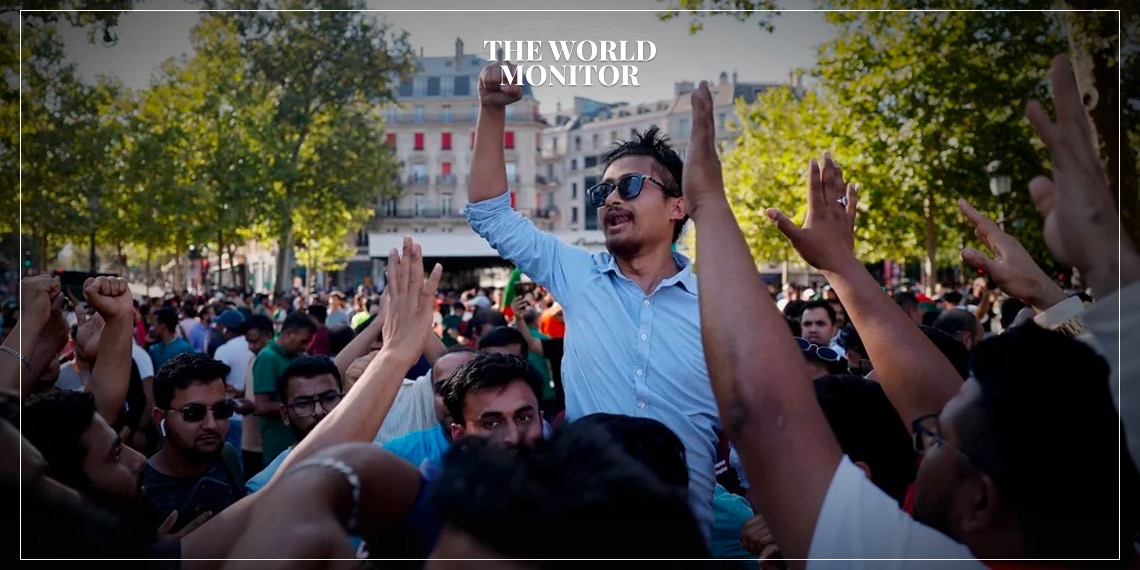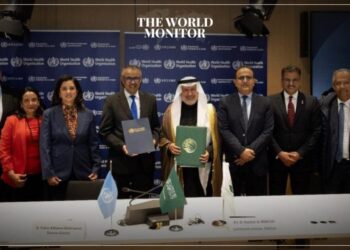Students who organized protests in Bangladesh confirmed on Tuesday that they would push for Nobel laureate Muhammad Yunus to oversee the interim government, following the resignation of the Prime Minister and the military’s assumption of power.
Nahid Islam, leader of the “Students Against Discrimination” movement, said in a recorded video: “We have decided that an interim government should be formed under the widely accepted Nobel laureate Dr. Muhammad Yunus, who will serve as its chief advisor.”
The army chief, General Waqar-uz-Zaman, announced on Monday on state television that Sheikh Hasina had resigned from her position as Prime Minister, confirming that the military would form an interim government.
General Waqar is expected to meet with the students who led the protests later on Tuesday.
Economist Yunus (84 years old), credited with lifting millions out of poverty through his microfinance bank, has faced criticism from Hasina, who accused him of “sucking the blood” of the poor.
Hasina (76 years old) has been in power since 2009 but was accused of rigging the elections in January, with millions taking to the streets over the past month demanding her departure.
Currently, Yunus is in Europe, and a close aide reported that he has not yet received any offer from the military to lead the interim government.
Recent protests in Bangladesh have escalated dramatically, driven by disputes over a government job quota system. The protests, which began in early July 2024, were fueled by student-led demonstrations demanding an end to a quota reserving 30% of government jobs for relatives of veterans of the 1971 War of Independence. The situation intensified following inflammatory statements by government officials and attacks on protesters by government-aligned youth groups. This led to widespread violence, resulting in nearly 200 deaths and significant destruction of public property.
UN experts have called for an immediate cessation of the violent crackdown, full restoration of internet access, and accountability for human rights violations. They highlighted the large number of deaths, possible enforced disappearances, and the retaliatory actions against human rights defenders and journalists.






